Podcast: Play in new window | Download
Subscribe: Apple Podcasts | Spotify | Amazon Music | Blubrry | | More
In a very special early episode of TSC Now, host Dan Klein recognizes International #EpilepsyDay and the kickoff of the second annual Seizure Action Plan Awareness Week. In November 2020, a collaboration of three non-profit organizations, the TSC Alliance, Dravet Syndrome Foundation and Lennox-Gastaut Syndrome (LGS) Foundation, launched the Seizure Action Plan (SAP) Coalition to educate people with epilepsy, their caregivers and healthcare professionals about seizure emergency rescue protocols and the importance of personalized seizure action plans. As part of this effort the group is recognizing Seizure Action Plan Awareness Week (#SAPAW2022) to coincide with International Epilepsy Awareness Day on February 14.
This month’s episode is sponsored by Noema Pharma and explores their clinical trial to treat seizures common in TSC. A Swiss biotech company, Noema, is investigating a novel substance which has shown some positive effects in laboratory models related to tuberous sclerosis complex (TSC). The substance is called basimglurant, and it affects the activity of glutamate, an important molecule used by many neurons to communicate with other neurons in the brain, by acting on a receptor for glutamate called mGluR5. The company is setting up clinical trials to test whether the effect seen in the laboratory may also be seen in people.
First, to learn more about basimglurant and preclinical experiments underpinning the upcoming clinical trial, Dan spoke to Ype Elgersma, Professor of Molecular Neuroscience, Head of Research in the Department of Clinical Genetics, and Director of the ENCORE Expertise Center for Neurodevelopment Disorders at the Erasmus Medical Center In The Netherlands; and John Kemp, Former Chief Scientific Officer at Noema (02:28). They share what metabotropic glutamate receptor 5, or mGluR5, is and how increased activity at mGluR5 may lead to epilepsy; how negative modulators of this overactivity may be used as a treatment for epilepsy in TSC, and how Dr. Mustafa Sahin of Harvard Medical School tested this hypothesis in TSC mouse models. Findings from this study was published in 2018 in Neuropsychopharmacology.
Next, Dan spoke to Ali Mostajelean, MD, Associate Professor of Neurology, Director of the Epilepsy Service and Tuberous Sclerosis Clinic at UCSF Benioff Children’s Hospital; and George Garibaldi, Chief Medical Officer at Noema (07:55). They shared how Noema is using the findings in animal models as justification for a clinical trial and share how clinical studies using basimglurant for depression and Fragile X showed that the compound was safe in humans, albeit not as effective as researchers thought it would be in those disease states.
Finally, Dan spoke with Renata Lazarova, VP of Development, Pediatric Programs at Noema, and Steve Roberds, PhD, Chief Scientific Officer of the TSC Alliance (10:55), to learn what the clinical trial looks like, who can enroll, how Noema will determine whether the drug is efficacious and safe, and where people can find more information. Steve also talked about our partnership with Noema and how they worked with the TSC Alliance early on to solicit feedback from the TSC community and design a trial that both meets the needs of those with TSC and considers the quality of life of those participating.
Noema’s clinical study with their negative modulator of mGluR5 is currently participants across the US, Russia, Ukraine, Israel and Australia. For more information including the list of sites participating in the study, please contact Jo Anne Nakagawa at jnakagawa@tscalliance.org or (301) 562-9890.
Resources and Links
Learn more about International Epilepsy Day: https://internationalepilepsyday.org/
Learn more about the Seizure Action Plan Coalition and #SAPAW2022: https://seizureactionplans.org/
Learn more about epilepsy in TSC: https://www.tscalliance.org/about-tsc/signs-and-symptoms-of-tsc/brain-and-neurological-function/epilepsy-and-seizure-disorders/
Read an abstract of Dr. Sahin’s research looking at mGluR5 Modulation of Behavioral and Epileptic Phenotypes in a Mouse Model of Tuberous Sclerosis Complex: https://www.nature.com/npp/about?gclid=Cj0KCQiA34OBBhCcARIsAG32uvPcCBYuxzzlON-Xe9EikeYJD6XNNl8TDElaFiONa-02BSWFUv4w2voaAk6REALw_wcB
This episode is sponsored by:

Learn more about Noema Pharma: https://noemapharma.com/

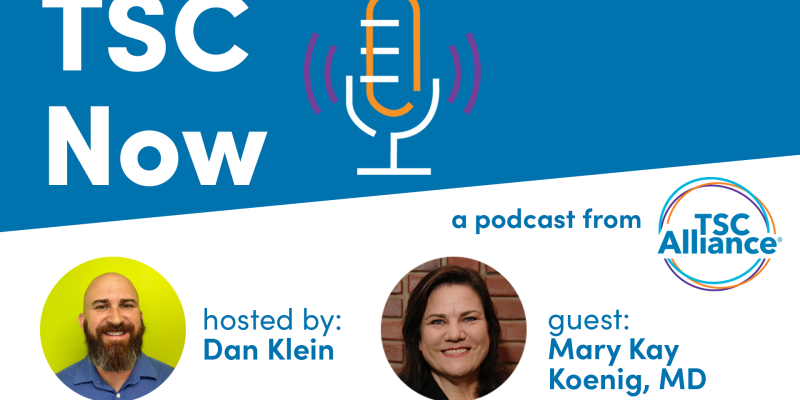


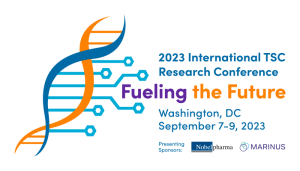 On this episode of
On this episode of 
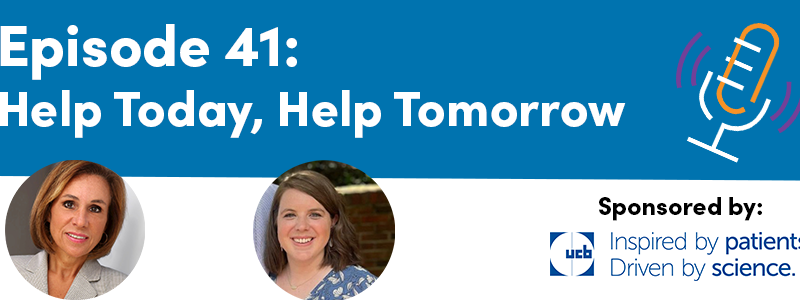
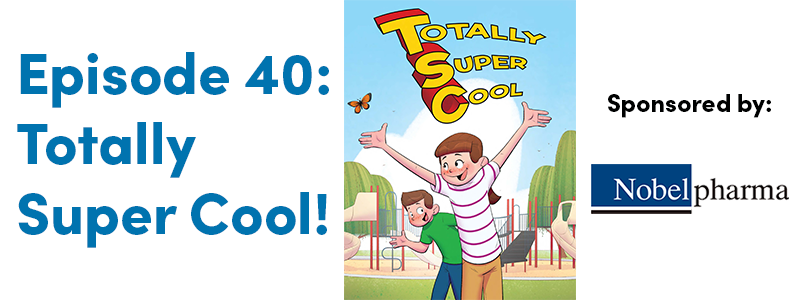
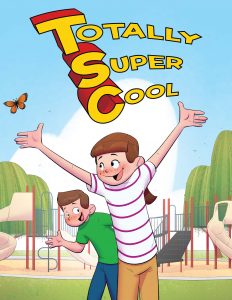 The story follows a day in the life of two kids, Tori and Tommy, who have TSC and facial angiofibroma. The sister-brother duo share experiences familiar to kids with TSC, including answering questions about facial angiofibroma and visiting different healthcare specialists. What makes this story unique is how the narration accompanies their day, which finds fun words for the acronym TSC. In the end, Tori and Tommy see how their family and friends care for them and want them to Take Special Care. Totally Super Cool aspires to show children with TSC that their accomplishments are what make them special and unique.
The story follows a day in the life of two kids, Tori and Tommy, who have TSC and facial angiofibroma. The sister-brother duo share experiences familiar to kids with TSC, including answering questions about facial angiofibroma and visiting different healthcare specialists. What makes this story unique is how the narration accompanies their day, which finds fun words for the acronym TSC. In the end, Tori and Tommy see how their family and friends care for them and want them to Take Special Care. Totally Super Cool aspires to show children with TSC that their accomplishments are what make them special and unique.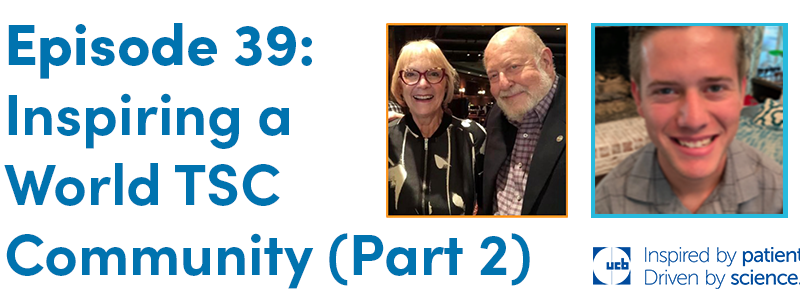
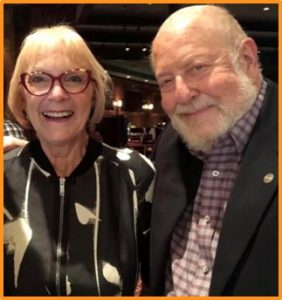 On Saturday, July 30, 2022, during the Blue Night Dinner at the 2022 World TSC Conference, Dr. Michael and Janie Frost were presented the TSC Champion Award. Michael and Janie Frost have both devoted their careers and lives to helping individuals and their families affected by TSC.
On Saturday, July 30, 2022, during the Blue Night Dinner at the 2022 World TSC Conference, Dr. Michael and Janie Frost were presented the TSC Champion Award. Michael and Janie Frost have both devoted their careers and lives to helping individuals and their families affected by TSC.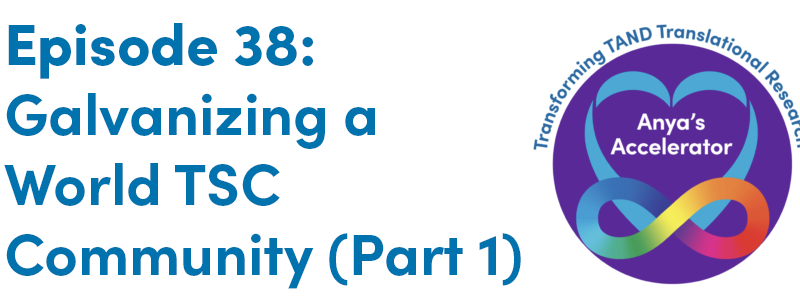
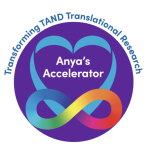 This new funding will create “Anya’s Accelerator,” which will focus on furthering TAND translational research. TAND includes a wide range of cognitive, behavioral and psychiatric challenges linked to the disease’s effect on brain function. The three-year “Anya’s Accelerator” research program will focus on three major goals:
This new funding will create “Anya’s Accelerator,” which will focus on furthering TAND translational research. TAND includes a wide range of cognitive, behavioral and psychiatric challenges linked to the disease’s effect on brain function. The three-year “Anya’s Accelerator” research program will focus on three major goals: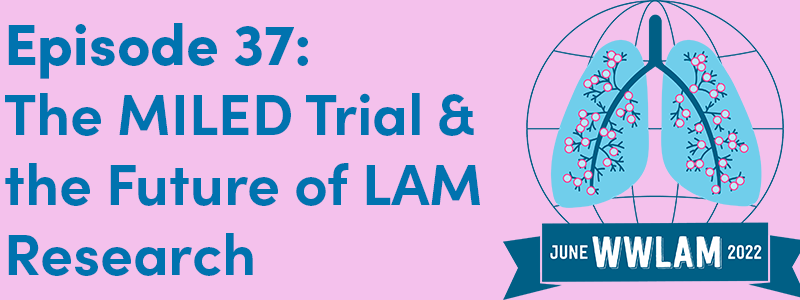
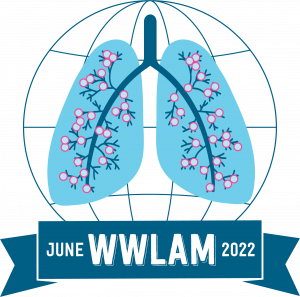 In this episode of
In this episode of 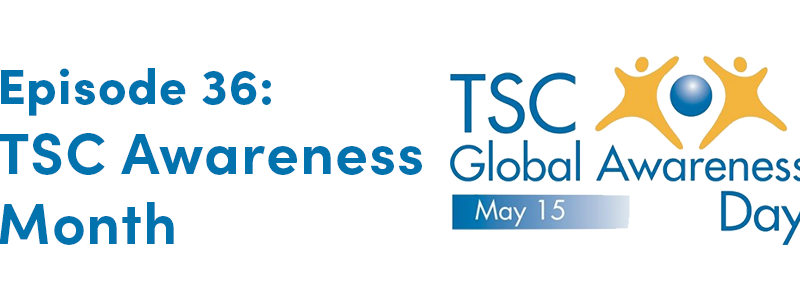
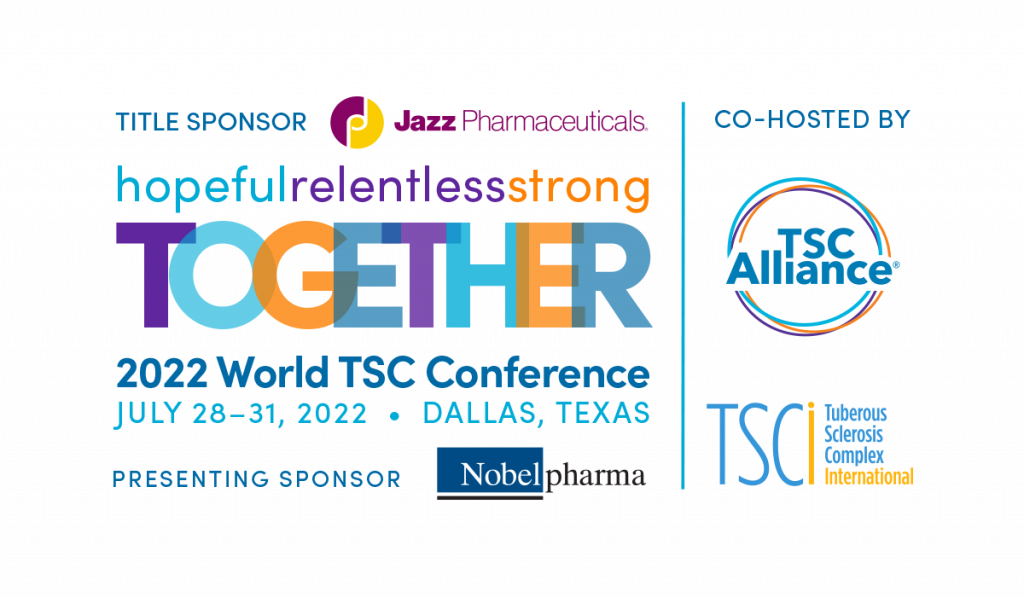 You don’t want to miss the
You don’t want to miss the 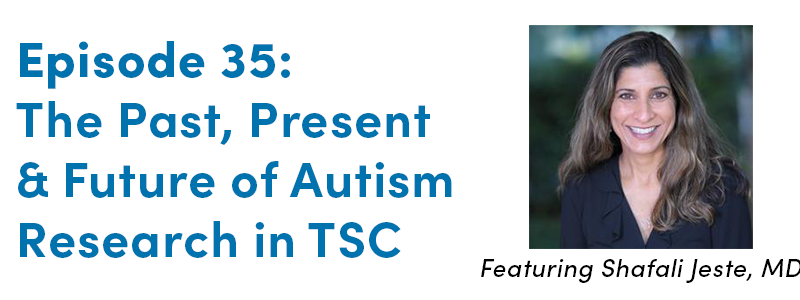
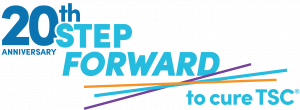
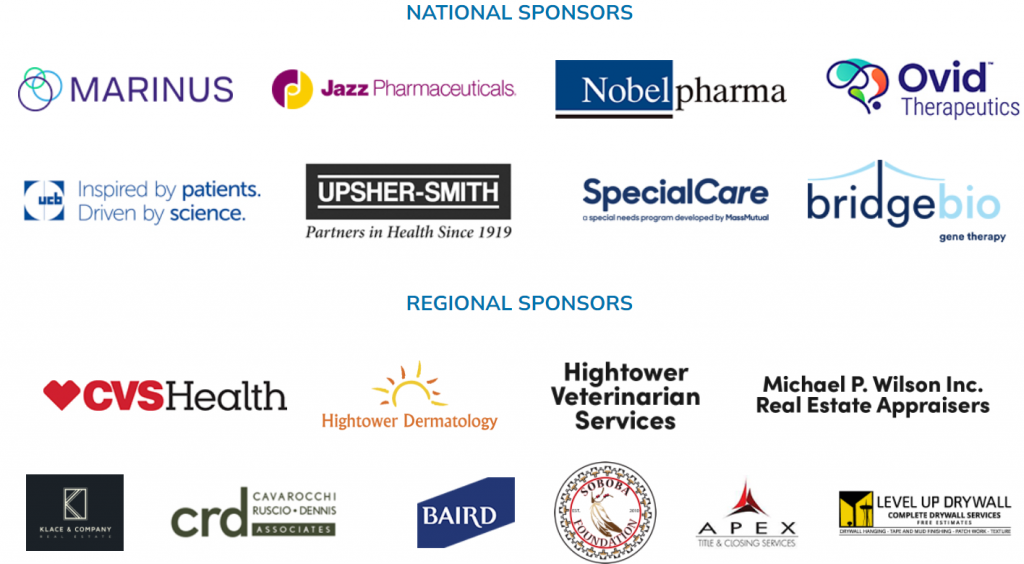
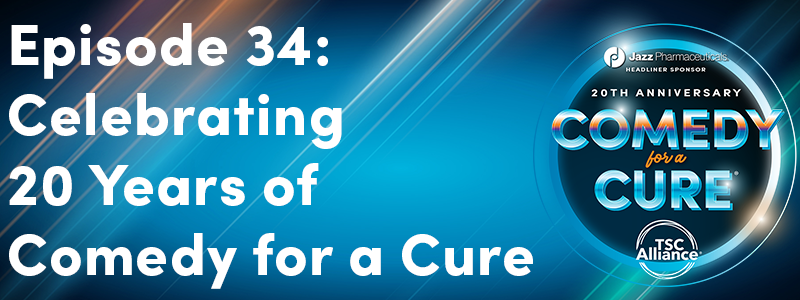
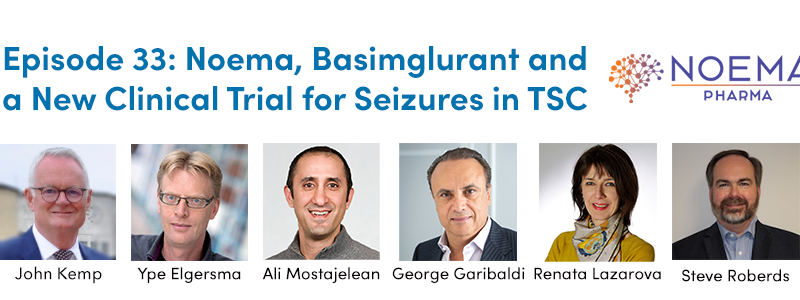

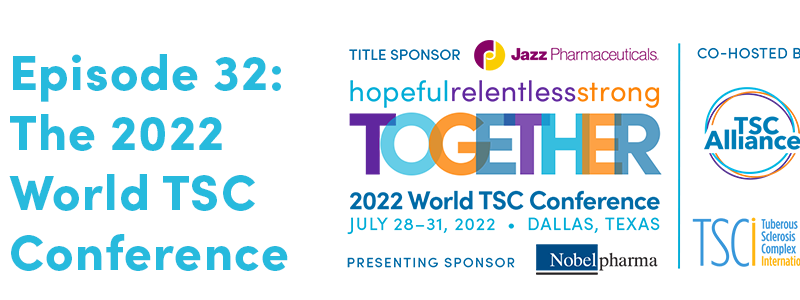
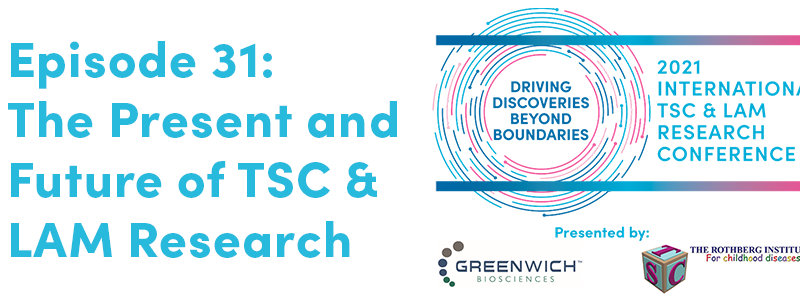
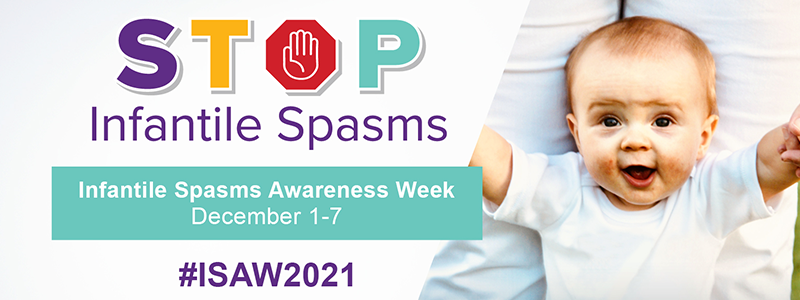
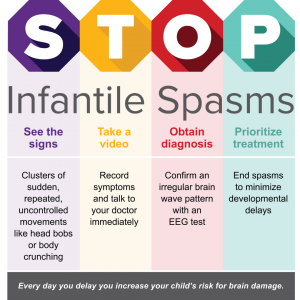
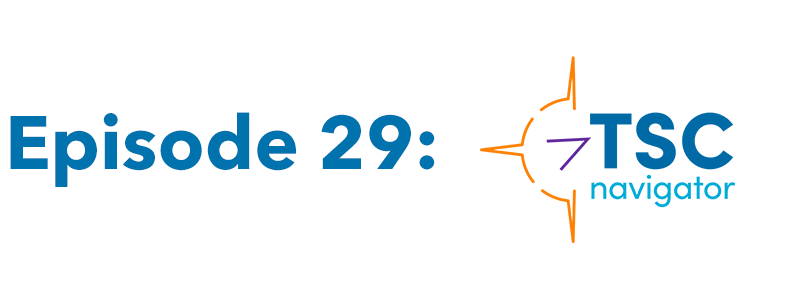
 In Episode 29 of
In Episode 29 of 







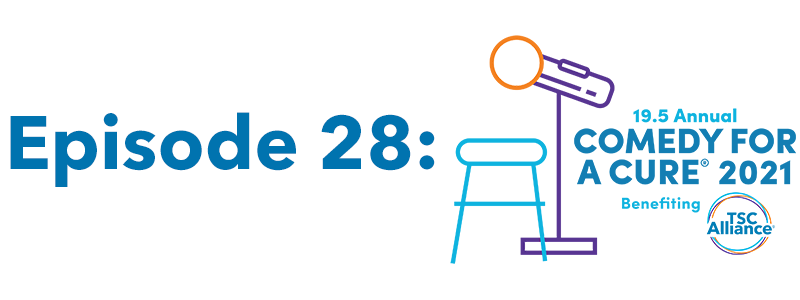
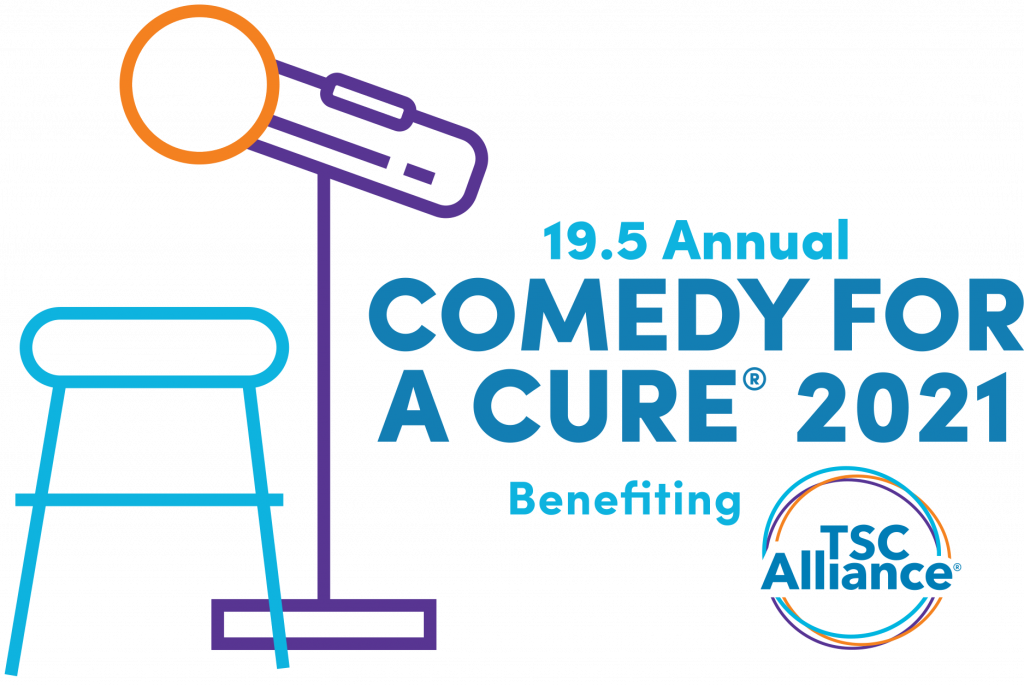
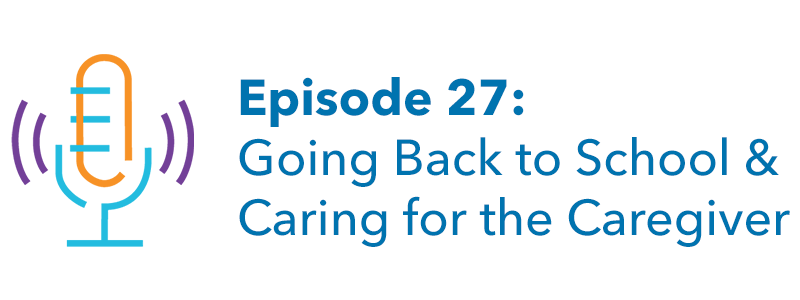
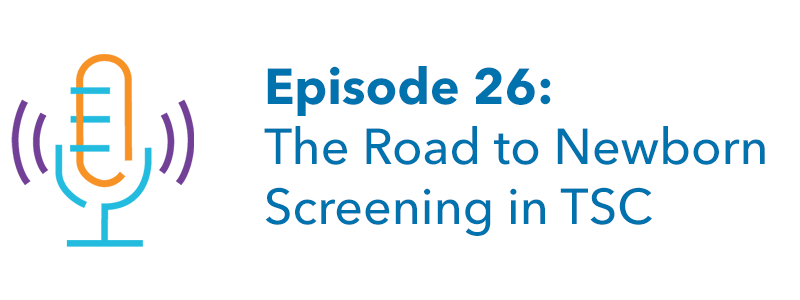
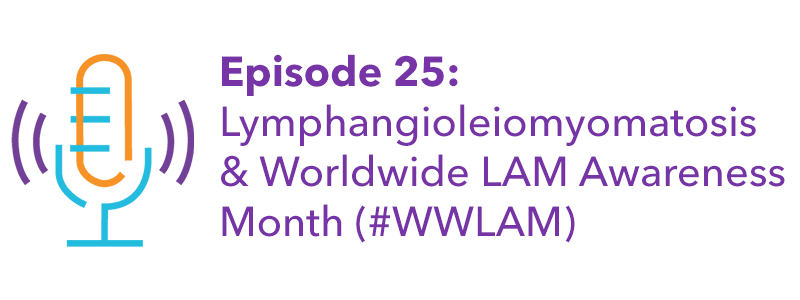

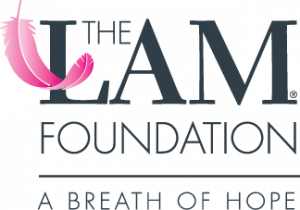

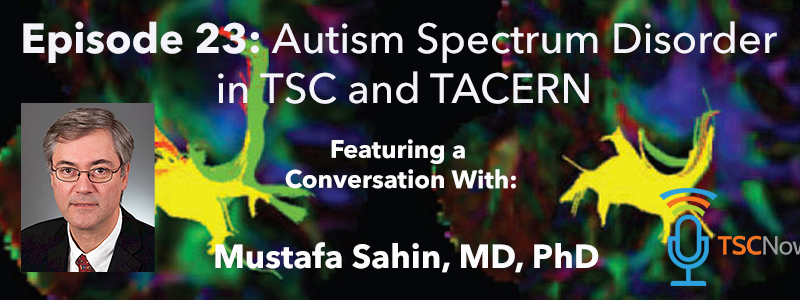
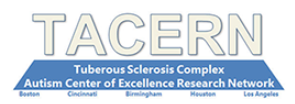 To better understand the connection between autism and TSC, and how ongoing research can help expand our knowledge of autism not just in TSC, but more generally, Dan spoke to Mustafa Sahin, MD, PhD, (02:11) Director of both the Translational Neuroscience Center and the Multi-Disciplinary Tuberous Sclerosis Program at Boston Children’s Hospital, and Professor of Neurology at Harvard Medical School. Dr. Sahin is one of the Principal Investigators of the
To better understand the connection between autism and TSC, and how ongoing research can help expand our knowledge of autism not just in TSC, but more generally, Dan spoke to Mustafa Sahin, MD, PhD, (02:11) Director of both the Translational Neuroscience Center and the Multi-Disciplinary Tuberous Sclerosis Program at Boston Children’s Hospital, and Professor of Neurology at Harvard Medical School. Dr. Sahin is one of the Principal Investigators of the 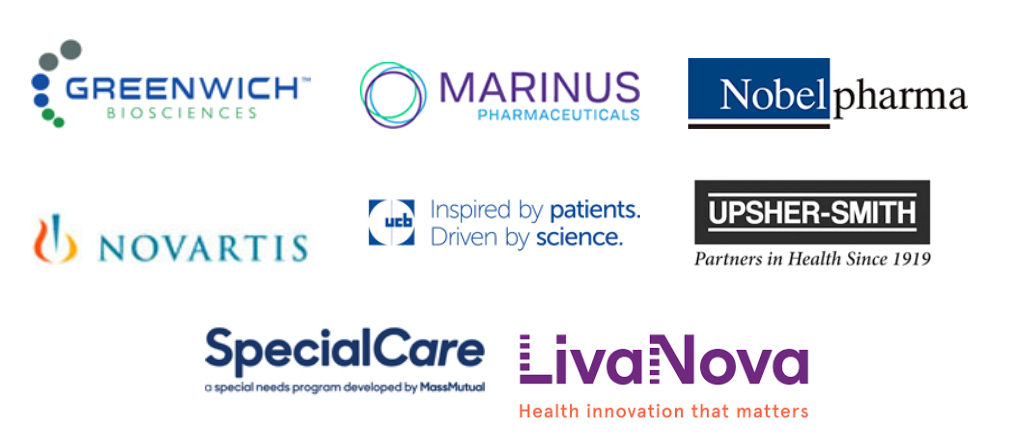
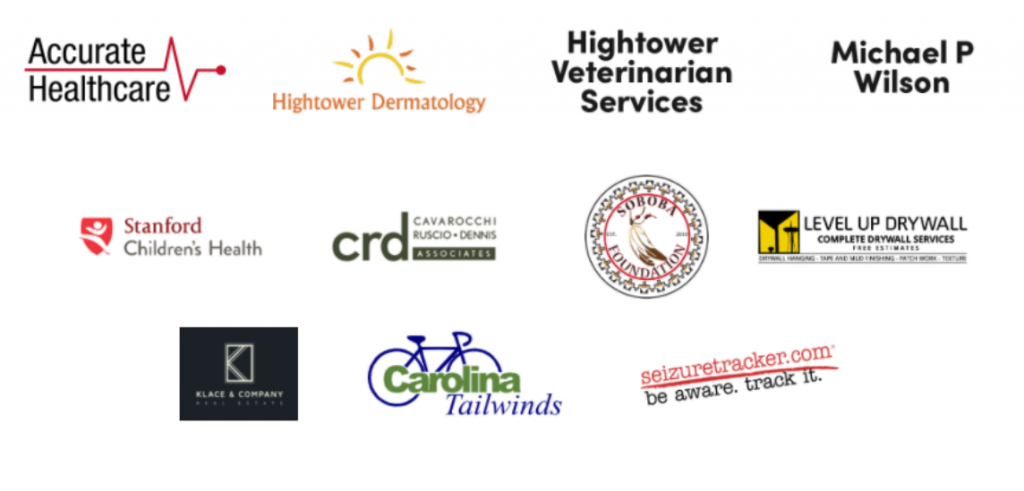
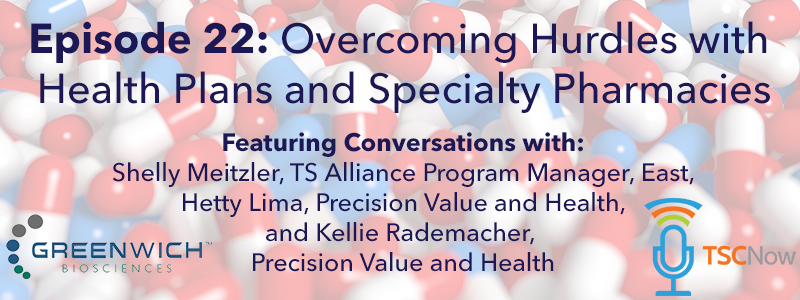
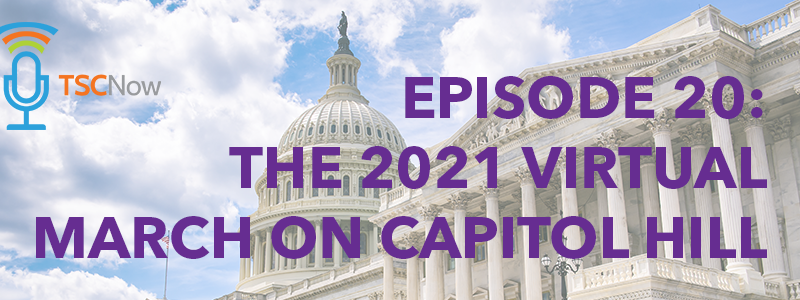
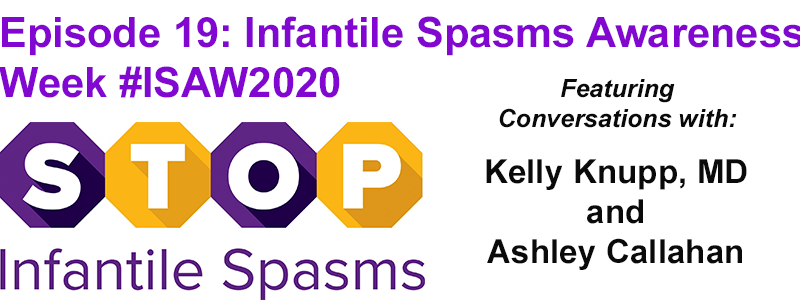
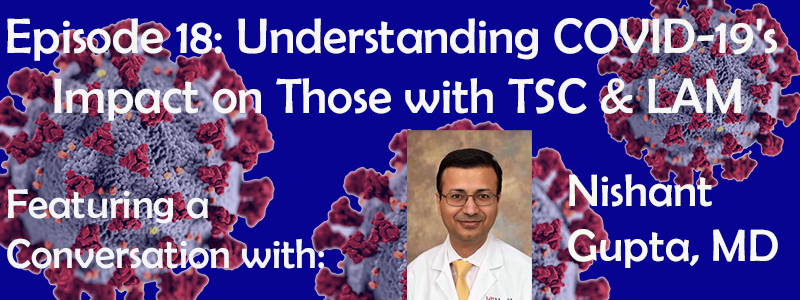
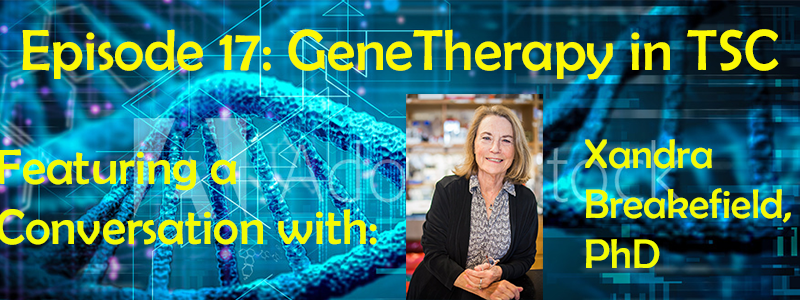
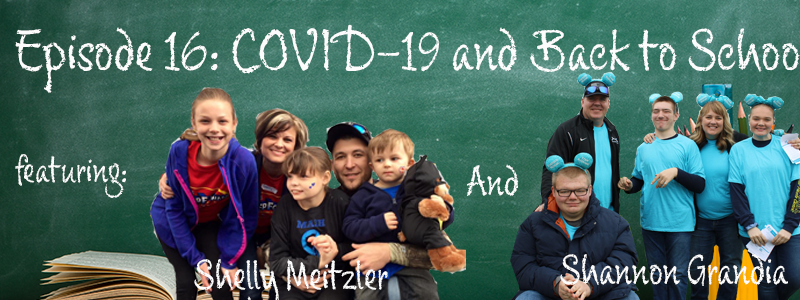
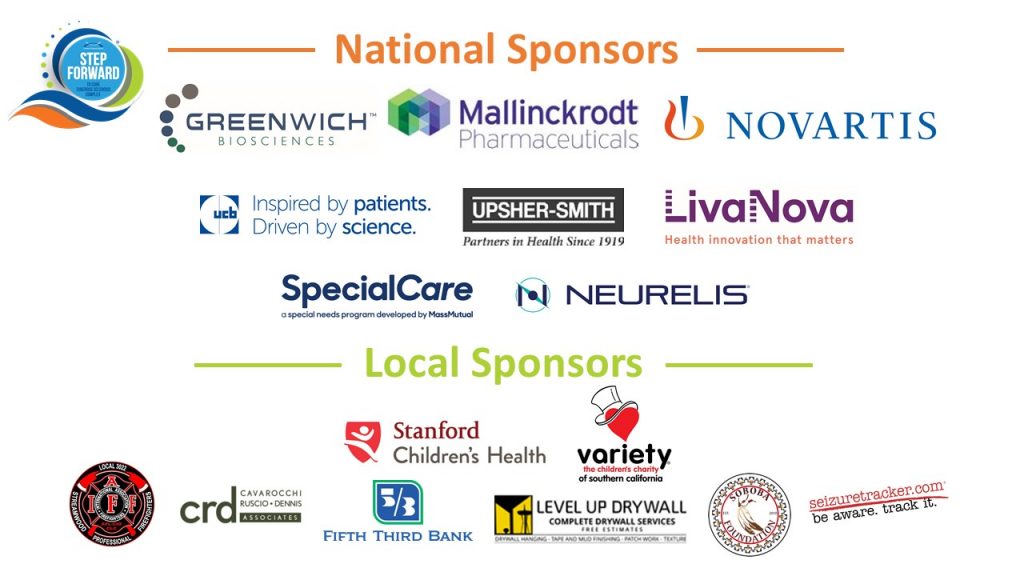
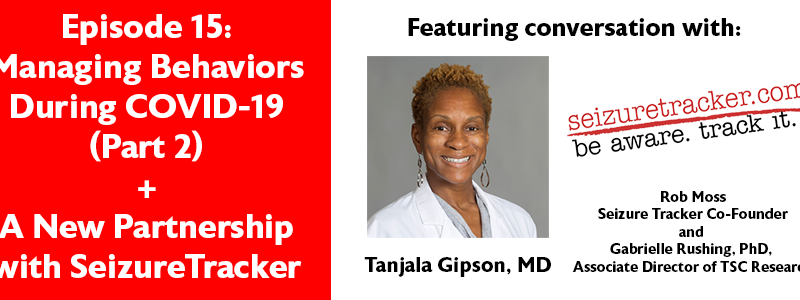
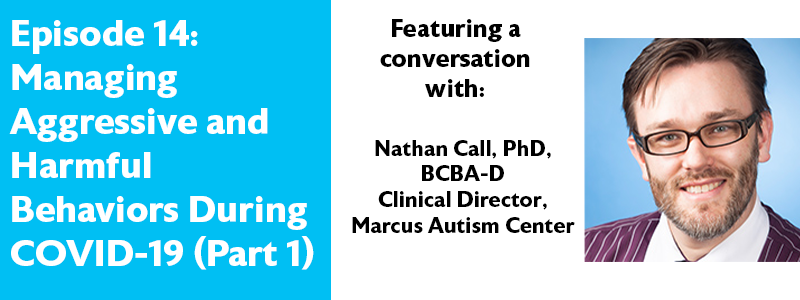
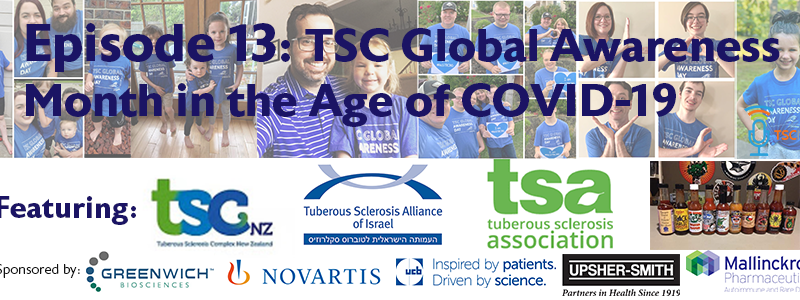


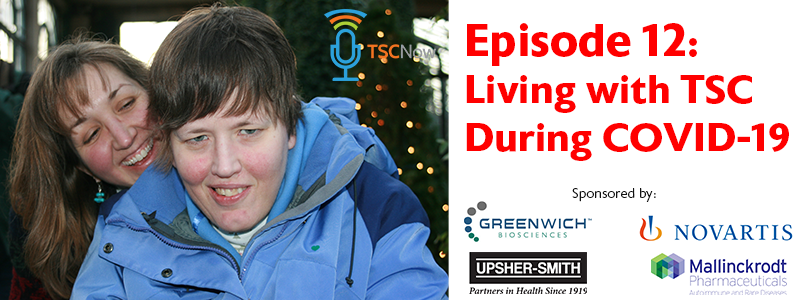
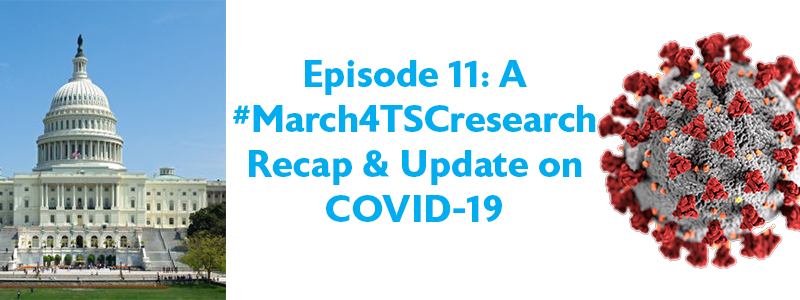

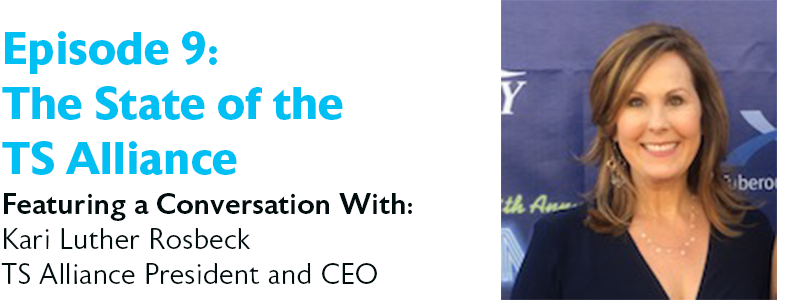
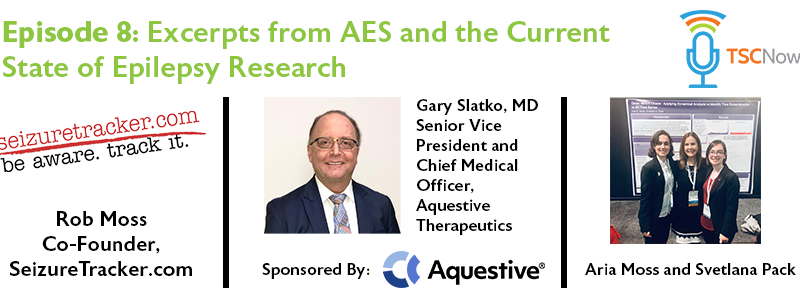
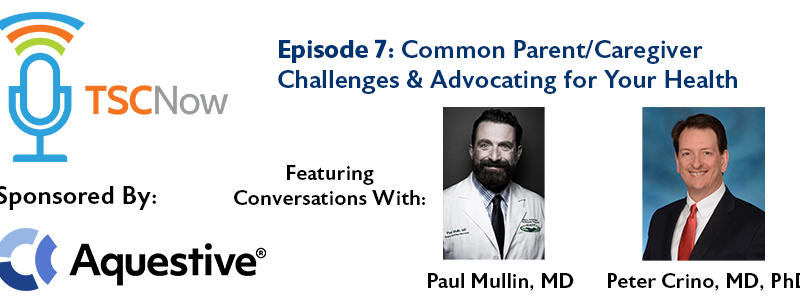

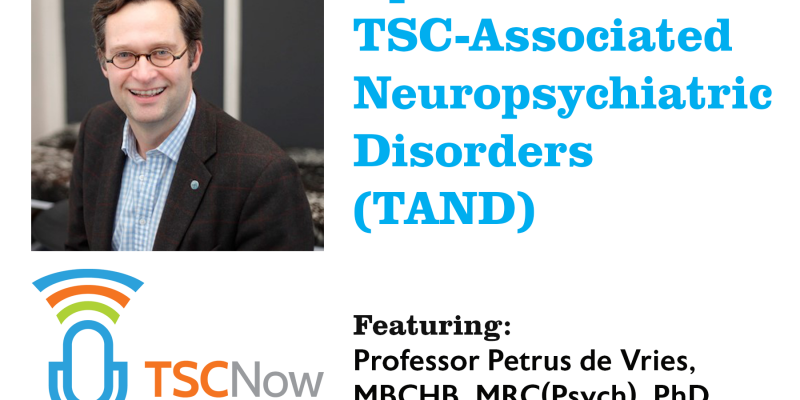
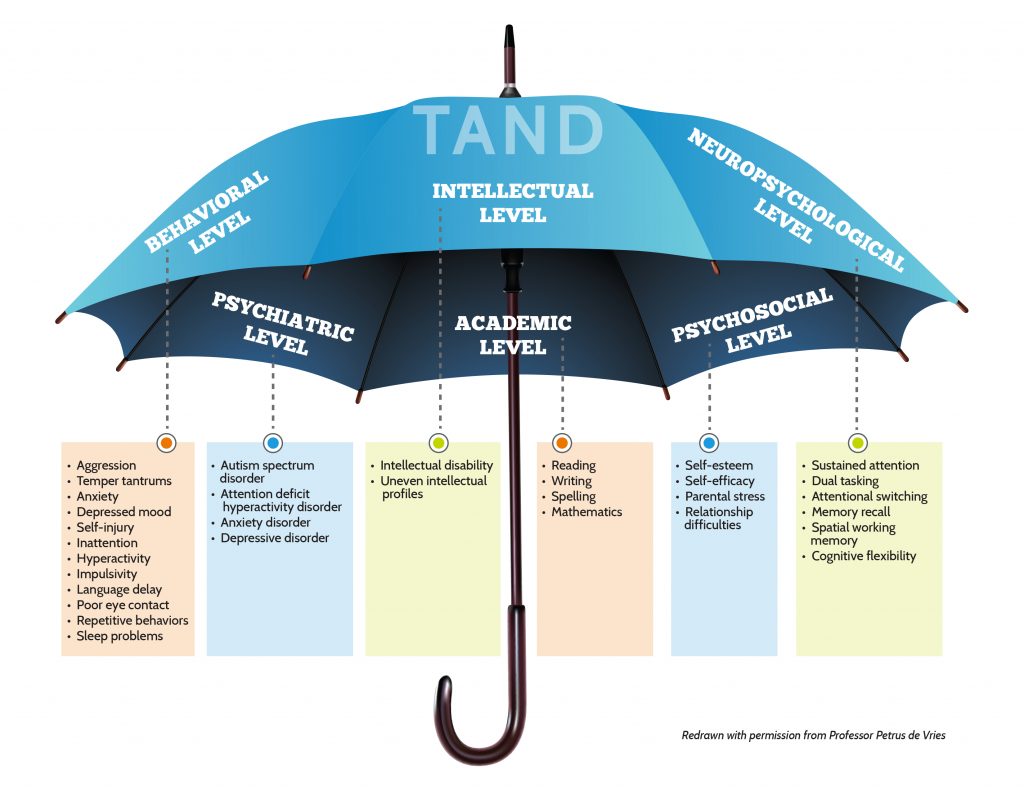
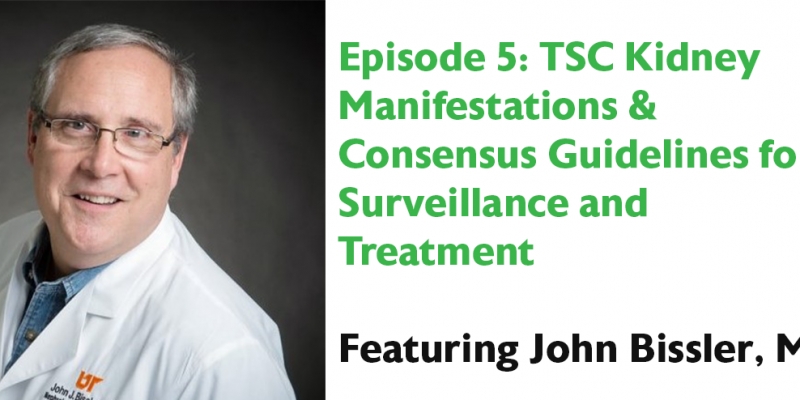
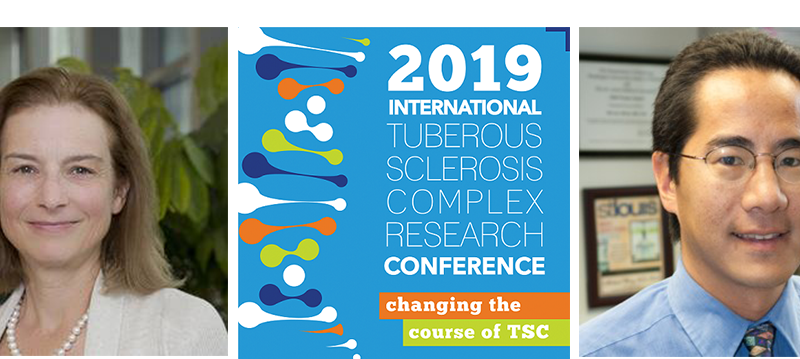
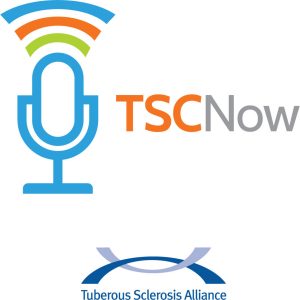 ode of TSC Now host Dan Klein talks to
ode of TSC Now host Dan Klein talks to 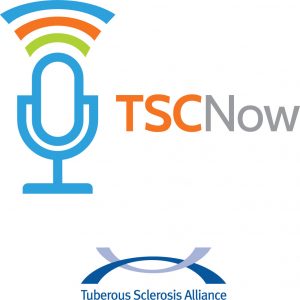 Welcome to the debut episode of TSC Now, a podcast from the Tuberous Sclerosis Alliance! In this episode Dan Klein, Director of Digital Platforms, talked to Jennifer Flinn from TS Canada ST, Eva Schoeters from Be-TSC in Belgium, and Rahul Vipparthi from the TS Alliance of India about the challenges they face in their countries, TSC Global Awareness Day and how they are spreading awareness of TSC. He also talked to Kari Luther Rosbeck, President and CEO of the Tuberous Sclerosis Alliance and Chief Scientific Officer Steve Roberds, PhD, about the organization’s 45th anniversary and history, how Unlock the Cure changed the role of the TS Alliance in driving research and what the future holds for TSC research. Finally, Dan talked to Jill Woodworth, host of TSC Talks, about why she started a podcast, what her future plans are for TSC Talks and what she’s learned through the conversations she has had with her guests.
Welcome to the debut episode of TSC Now, a podcast from the Tuberous Sclerosis Alliance! In this episode Dan Klein, Director of Digital Platforms, talked to Jennifer Flinn from TS Canada ST, Eva Schoeters from Be-TSC in Belgium, and Rahul Vipparthi from the TS Alliance of India about the challenges they face in their countries, TSC Global Awareness Day and how they are spreading awareness of TSC. He also talked to Kari Luther Rosbeck, President and CEO of the Tuberous Sclerosis Alliance and Chief Scientific Officer Steve Roberds, PhD, about the organization’s 45th anniversary and history, how Unlock the Cure changed the role of the TS Alliance in driving research and what the future holds for TSC research. Finally, Dan talked to Jill Woodworth, host of TSC Talks, about why she started a podcast, what her future plans are for TSC Talks and what she’s learned through the conversations she has had with her guests. TSC Now is the TS Alliance’s podcast series, which features
TSC Now is the TS Alliance’s podcast series, which features